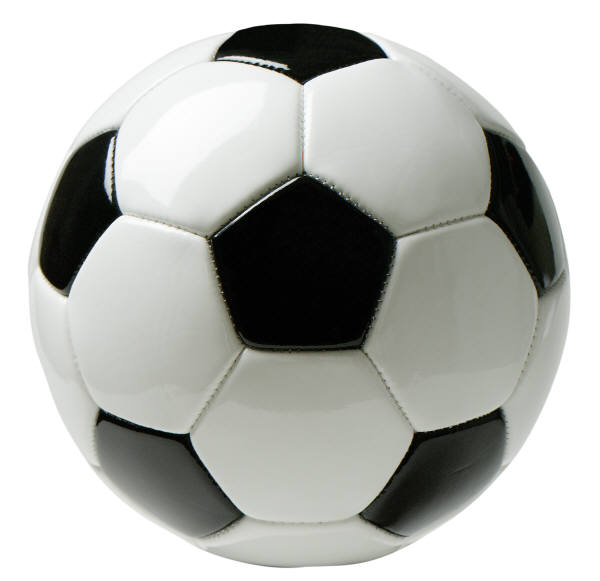
|
| You should schedule a team meeting as soon as possible. Let parents know well ahead of time the date, |
| time and location. It is best to have the meeting at the time and place of practice. Ask ALL parents |
| and players to attend. This meeting is your single most important management job for the entire |
| season. |
| |
| |
| At this meeting you’ll need to: |
| ♦ Introduce yourself, your coaching style and your goals to the players and parents. |
| ♦ Establish your authority as coach. Tell players and parents what you expect from each of them all season. Remind |
| them of the Parent’s Code of Conduct. |
| ♦ Set the tone for how you expect players to act toward coaches, referees and each other. |
| ♦ Establish practice schedules and routines. |
| ♦ Let parents know to show up 30 min prior to the games to help set up goals and after the last game to put them down. ♦ Let parents know to show up 30 min prior to the games to help set up goals and after the last game to put them down. |
| ♦ Let parents know that you will contact them if games are cancelled due to weather. |
| ♦ Tell parents that players must be on time to practices and games, properly prepared - shoes and shin guards on, |
| laces tied, water bottle filled with water, sunscreen, and dressed for the weather. |
| ♦ Teach the team division and team number to parents and players. Our region uses the team divisions and numbers |
| to set schedules and locate information. |
| ♦ Ask parents to notify you, in advance if possible, if their child will miss practice or a game. |
| ♦ Explain that we are a volunteer organization and that we cannot operate without parent support. Stress |
| commitment from the players AND the parents for the whole season. |
| ♦ Important to get a Team Parent to make a Snack Schedule, Plan a End of Session Party and Order Trophies. |
| ♦ Inform parents that trash needs to be picked up and placed into trash cans before leaving the fields. |
| ♦ Inform parents that pets are not allowed at the fields for practices or games for the safety of their pet and the |
| spectators. |
| ♦ Teach parents about the spectator seating areas, which are 3 feet from the sideline on the side of the field |
| opposite from the team. Spectators are not allowed behind the goals at any time. |
| ♦ Inform parents about the AYSO Kids Zone policy - No smoking on the fields, no alcohol, no drugs, no foul language. |
| ♦ Encourage parents to look at the region’s website, www.ayso1225.org, for more information about the rules of |
| soccer and the AYSO philosophies |

|